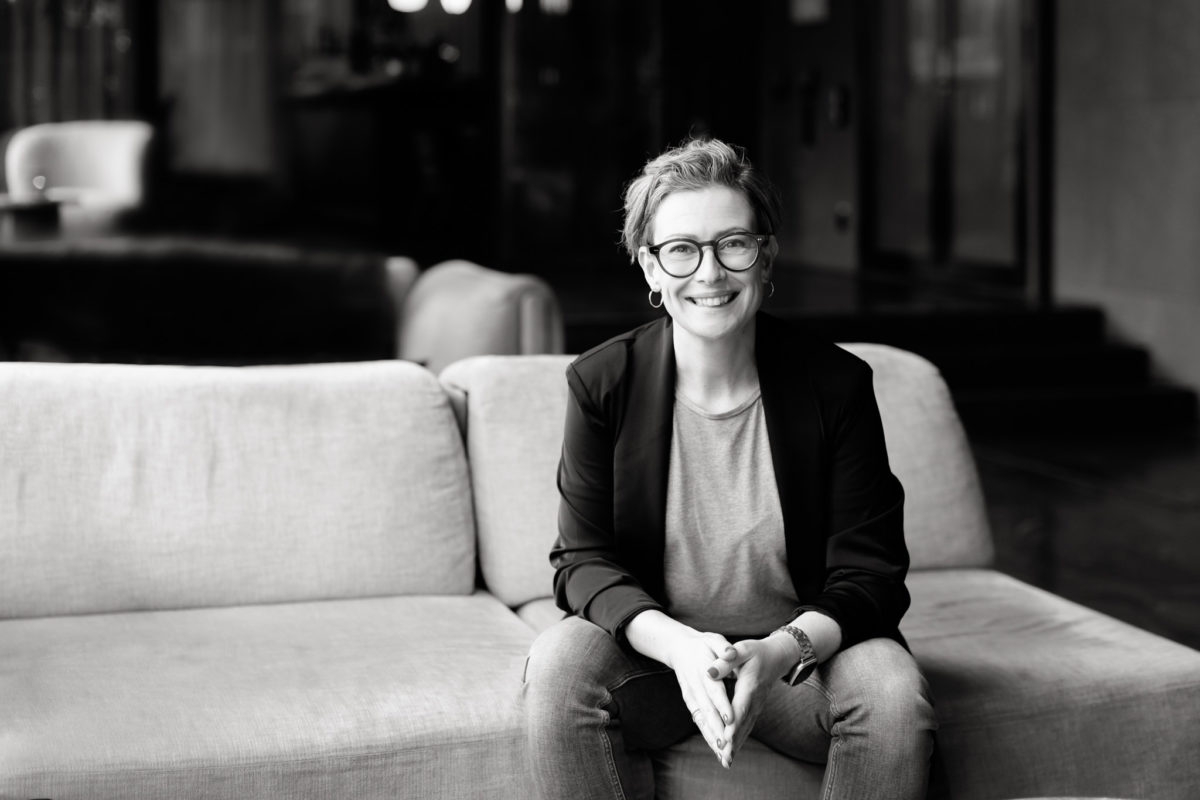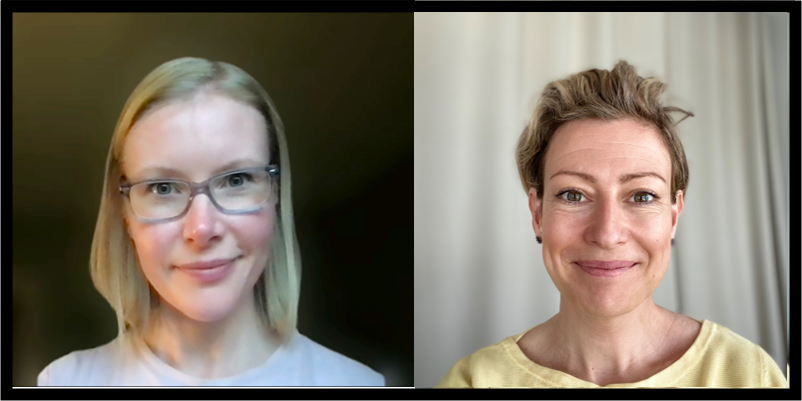
Decisive, bold, assertive, fast, consistent – these are traditionally highly valued traits in the corporate world. Many of us have heard them in performance reviews, either as qualities we have or should develop.
In brand management, where I spend most of my career, we were trained to know our data, do our research, then to commit to an idea and stick to our plan. Often spending most of our energy convincing the world about its brilliance. There was little room for honest reevaluation or rethink.
Why is changing our minds so hard?
I recently read Think Again by Adam M. Grant. Grant starts by describing the concept of Escalation of Commitment –
“When we dedicate ourselves to a plan and it isn’t going as we hoped, our first instinct isn’t usually to rethink it. Instead, we tend to double down and sink more resources in the plan”.
If we’re collaborating with others on this plan, it can be ever harder to change our minds. We are social creatures and challenging the direction of our team comes with risk. Nobody wants to come across as arrogant, stupid or indeed insecure. Most of us want to fit in. It takes a very open and inclusive team climate to accommodate this kind of risk taking. A psychologically safe environment in which candor and half-baked ideas are welcomed. With leaders who encourage us to rethink, relearn and challenge truths.
The ability to change our mind is more important today than ever
In stable and predictable industries and markets, like the ones I worked in at the time, being consistent and sticking to your guns is often a good thing. It inspires confidence in stakeholders and gives your brand consistency. However in uncertain, fast-paced and ever-changing corporate environments, the courage to reevaluate and change direction becomes business critical.
To do this we need people with the right cognitive skills. We often think of mentally fit people as intelligent people. The smarter you are, the more complex problems you can solve, faster. But in a rapidly transforming world, there are, according to Adam Grant, cognitive skills that could matter more: the ability to rethink and unlearn.
“Progress is impossible without change; and those who cannot change their minds cannot change anything – George Bernard Shaw”
The value of reflection
For those who dare to be indecisive, there’s a lot to gain. Kahneman’s work on Thinking, Fast and Slow gives us another take on the virtue of the slower, more deliberate System 2 thinking.
Reflection is also important for developing our self-awareness. Professor Daniel Newark, who studies decision-making, identity and behaviour, claims that pondering over outcomes of two or more options allows us to be introspective and gain unique dimensions of self-awareness. He says: “The contemplations and conversations characteristic of indecision may help construct, discover, or affirm who one is.”
For me, this speaks to the theory of ‘slowing down to speed up’ and the value of reflection.
Invite others to rethink with you
There is lot to gain from opening up about our doubts and inviting others to reflect with us. Otto Scharmer talks about self-reflection as one of the prerequisites for new thinking. We cannot go from disagreement to generative dialogue without being curious about our own views and willing to challenge them.
So why not invite your collegues to reflect with you? Newark also found that when you seek advice before making a decision it can inspire conversations of meaning and build professional connection. Quite a nice side effect.
What ‘truths’ are you holding on to?
What do you need to rethink in your work?

